 Clone Trooper Phase 1 Helmet
Clone Trooper Phase 1 Helmet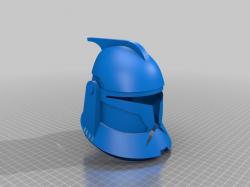 Clone trooper phase 1 helmet
Clone trooper phase 1 helmet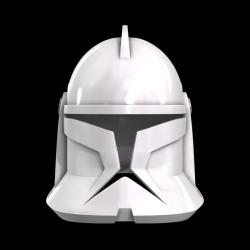 Star Wars Phase 1 clone trooper helmet 3D print model
Star Wars Phase 1 clone trooper helmet 3D print model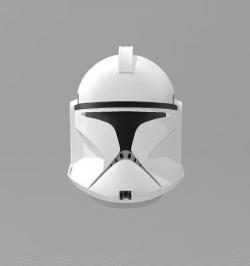 Star Wars Phase 1 Clone Trooper Helmet 3D print model
Star Wars Phase 1 Clone Trooper Helmet 3D print model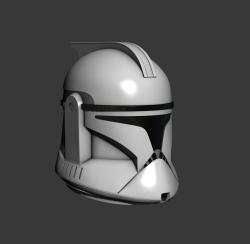 Phase 1 Clone Trooper Cosplay Helmet 3D print model
Phase 1 Clone Trooper Cosplay Helmet 3D print model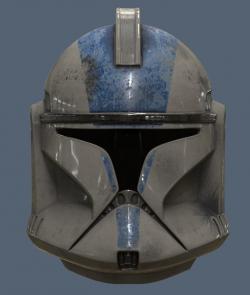 Clone Trooper Helmet Phase 1 Star Wars
Clone Trooper Helmet Phase 1 Star WarsUnderstanding 3D Models of Phase 1 Clone Trooper Helmets
The Phase 1 Clone Trooper helmet, a symbol of the Galactic Republic’s military might in the Star Wars universe, can be brought to life through 3D printing. These models are typically available on various 3D printing websites. For instance, Yanez Designs offers a model on Sketchfab, which highlights the helmet’s distinct design, influenced by Mandalorian armor and featuring a T-shaped visor. Another example can be found on CGTrader, where a 3D printable model built with 501st Legion approval in mind is available. This model includes pre-cut teeth, aerator details, and a large neck hole to accommodate different head sizes.
3D Printing Considerations
When 3D printing a Phase 1 Clone Trooper helmet, several factors need to be considered:
- Scaling and Sizing: Ensuring the helmet is scaled correctly to fit the intended wearer is crucial. Some models, like the one on CGTrader, are designed as 1:1 scale (life-size) models and might require adjustments using software like 3D Builder.
- File Format: The common file format for 3D printing is STL. Make sure your 3D printer supports this format or convert the files accordingly.
- Print Orientation and Slicing: Setting the correct orientation and slicing parameters is vital for a successful print. This can depend on your printer’s specifications and the complexity of the helmet design.
- Material Selection: The choice of material can affect the finish and durability of the helmet. Common choices include PLA and ABS plastics.
Tips for 3D Printing Clone Trooper Helmets
- Layer Height and Wall Thickness: Adjust these settings based on the level of detail and strength you need. Thinner layers provide more detail, but increase print time.
- Support Structures: Depending on the helmet’s design, support structures might be necessary, especially for overhanging parts.
- Post-Processing: After printing, you might need to sand and paint the helmet for a more authentic look.
Community Insights
The 3D printing community offers a wealth of knowledge. YouTube channels, such as the ones by creators discussing the 3D printing of Clone Trooper helmets, provide practical tips and step-by-step guides.
Frequently Asked Questions
Q: What is the best material for 3D printing a Clone Trooper helmet?
A: PLA and ABS are popular choices. PLA is easier to print with, while ABS offers more strength and heat resistance.
Q: Can I sell 3D printed Clone Trooper helmets?
A: Be aware of copyright issues. Many designs are available for personal use only, and selling them might infringe on intellectual property rights.
Q: How long does it take to 3D print a helmet?
A: This varies based on size, print settings, and the complexity of the model. It can range from several hours to a few days.
Q: Do I need a large 3D printer to print a helmet?
A: It depends on the model. Some helmets are designed to be printed in parts and then assembled, making them suitable for smaller printers.
This exploration into the realm of 3D printing Clone Trooper helmets reveals a hobby that combines technological prowess with a passion for iconic designs. Whether you are a seasoned 3D printer or a Star Wars enthusiast looking to start a new project, the journey of creating a Phase 1 Clone Trooper helmet is both challenging and rewarding. Remember, the key to success lies in meticulous planning, careful scaling, and a bit of creativity in post-processing.
